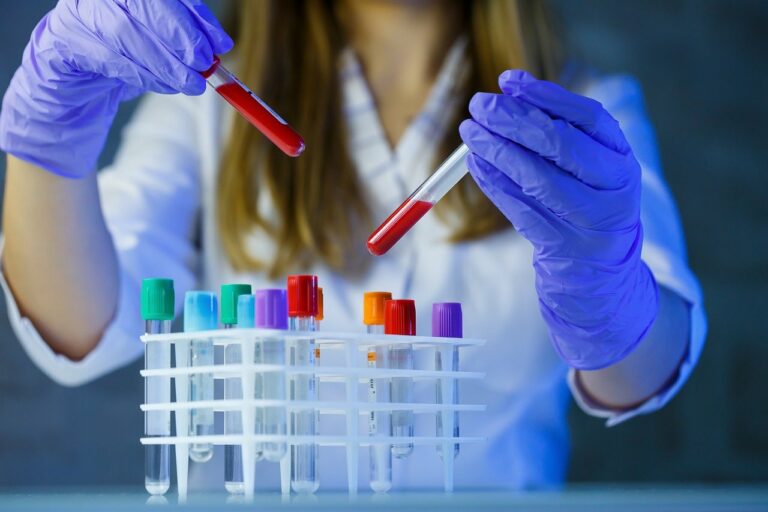The Science of Addiction: Understanding the Neurobiology of Substance Use Disorders
The brain’s reward system plays a crucial role in shaping our behaviors and decision-making processes. This intricate network of neural circuits is responsible for processing feelings of pleasure and reinforcement in response to certain stimuli. When we engage in activities that are pleasurable or rewarding, such as eating delicious food or receiving compliments, our brain releases dopamine, a neurotransmitter that is linked to feelings of enjoyment and satisfaction.
Furthermore, the brain’s reward system is evolutionary in nature, as it has been fine-tuned over time to ensure the survival of the individual and species. By reinforcing behaviors that are beneficial, such as eating when hungry or seeking out social interactions, the brain helps us navigate our environment and make choices that increase our chances of survival. However, this system can also be hijacked by substances or activities that artificially stimulate the release of dopamine, leading to addictive behaviors and potential harm.
Genetic Factors in Addiction
Understanding the role of genetic factors in addiction is crucial in comprehending the complexities of substance use disorders. Research suggests that an individual’s genetic makeup can significantly influence their susceptibility to addiction. Certain genes may predispose a person to develop an addiction, while others may provide protection against it. This genetic predisposition can impact various aspects of addiction, including the likelihood of becoming addicted, the speed of addiction development, and the response to treatment interventions.
Moreover, studies have shown that genetic factors can also influence an individual’s response to different substances. Some people may be more genetically prone to developing an addiction to specific substances, such as alcohol or opioids, compared to others. Understanding these genetic vulnerabilities can help tailor prevention and treatment strategies to address the unique needs of individuals based on their genetic predispositions. By exploring the interplay between genetics and addiction, researchers aim to develop more personalized and effective approaches to combat substance use disorders.
What role does the brain’s reward system play in addiction?
The brain’s reward system is responsible for reinforcing certain behaviors by releasing feel-good chemicals such as dopamine. In addiction, this system can become hijacked, leading to a cycle of compulsive drug seeking and use.
How do genetic factors contribute to addiction?
Genetic factors can make individuals more susceptible to addiction by influencing how their brain responds to drugs and alcohol. Certain genetic variations can also impact a person’s risk of developing substance use disorders.
Can addiction be solely attributed to genetics?
No, addiction is a complex condition that is influenced by a combination of genetic, environmental, and social factors. While genetics play a significant role in addiction, other factors such as upbringing, peer influences, and mental health also contribute to the development of addictive behaviors.
Is addiction a choice or a disease?
Addiction is recognized as a disease by medical professionals, as it involves changes in the brain’s structure and function. While individuals may make the initial choice to use drugs or alcohol, the development of addiction is considered a result of biological and environmental factors beyond their control.
Are there treatments available for genetic-based addiction?
Yes, there are various treatments available for addiction, including medication, therapy, and support groups. While genetic factors may influence a person’s response to treatment, these interventions can still be effective in helping individuals recover from addiction.





